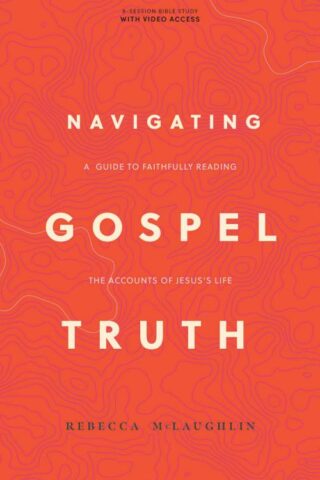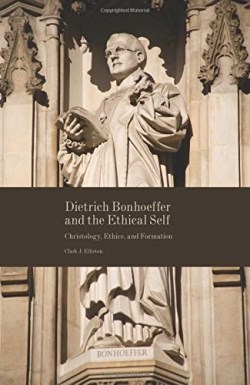Clark Elliston
Showing the single result
-
Dietrich Bonhoeffer And The Ethical Self
$131.66Introduction
1. Considering Contemporary Selves: Two Approaches
2. Bonhoeffer And The Responsibly Oriented Self
3. Bound To The Other: Bonhoeffer And Levinas In Conversation
4. Weil’s “Attention” And The Other-Oriented Self
5. Adolf Eichmann As Personification Of Irresponsibility
Works CitedAdditional Info
Dietrich Bonhoeffer’s work has persistently challenged Christian consciousness due to both his death at the hands of the Nazis and his provocative prison musings about Christian faithfulness in late modernity. Although understandable given the popularity of both narrative trajectories, such selective focus obscures the depth and fecundity of his overall corpus. Bonhoeffer’s early work, and particularly his Christocentric anthropology, grounds his later commitments to responsibility and faithfulness in a “world come of age.” While much debate accompanies claims regarding the continuity of Bonhoeffer’s thought, there are central motifs that pervade his work from his doctoral dissertation to the prison writings.This book suggests that a concern for otherness permeates all of Bonhoeffer’s work. Furthermore, Clark Elliston articulates, drawing on Bonhoeffer, a constructive vision of Christian selfhood defined by its orientation towards otherness. Taking Bonhoeffer as both the origin and point of return, the text engages Emmanuel Levinas and Simone Weil as dialogue partners who likewise stress the role of the other for self-understanding, albeit in diverse ways. By reading Bonhoeffer “through” their voices, one enhances Bonhoeffer’s already fertile understanding of responsibility.
Add to cartin stock within 3-5 days of online purchase











